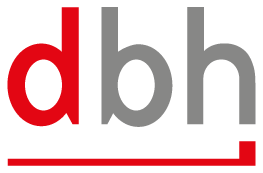Information from Brussels on the proposed amendment to Article 278 UCC
Due to various difficulties (resources, timetables, budget, etc.) in the implementation of all prescribed electronic systems or extensions of existing solutions, the Commission has recognised that postponements are necessary for the planned approach. An example is the renewals in the field of AES and NCTS, which make a postponement inevitable. However, since the current wording of Article 278 UCC sets the date for the end of the transitional period to 31 December 2020, the necessary postponements of IT projects would lead to a legal problem.
That is why the EU Commission is in the process of preparing an adapted text for Article 278 of the UCC. The aim is to adjust the end date for the transitional period in line with the requirements. The new date must be chosen at least in such a way that 2023 will be fixed instead of 2020. Ultimately, however, it remains to be seen whether a “safety buffer” is not even included and the said date is then fixed with 2025.
Scheduling
The planned dates for the adjustments and thus the commissioning of the ATLAS version are as follows:
- Import (including special import procedures – customs warehouses, AV, etc.; ATLAS 10.0) = 09/30/2020
- Export (AES 2 in the UCC; AES 3.0 version as module in DE) = 26.02.2021
- Shipping (NCTS 2 in UCC; integrated module in ATLAS 10.0) = 30.09.2020
The dates listed here refer to the actual start of operations for all parties involved, i.e. customs administration and economy. It can therefore be assumed that the certifications will start as usual about 1 year in advance.
Always up to date with dbh
As always, dbh will implement all necessary adaptations and additions for you at an early stage. Our customs expert Uwe Liebschner represents the IPCSA in project groups and several committees including ECG and TCG at EU level in customs matters. With its main themes of the Union Customs Code and Single Window, he is our link to Brussels.


